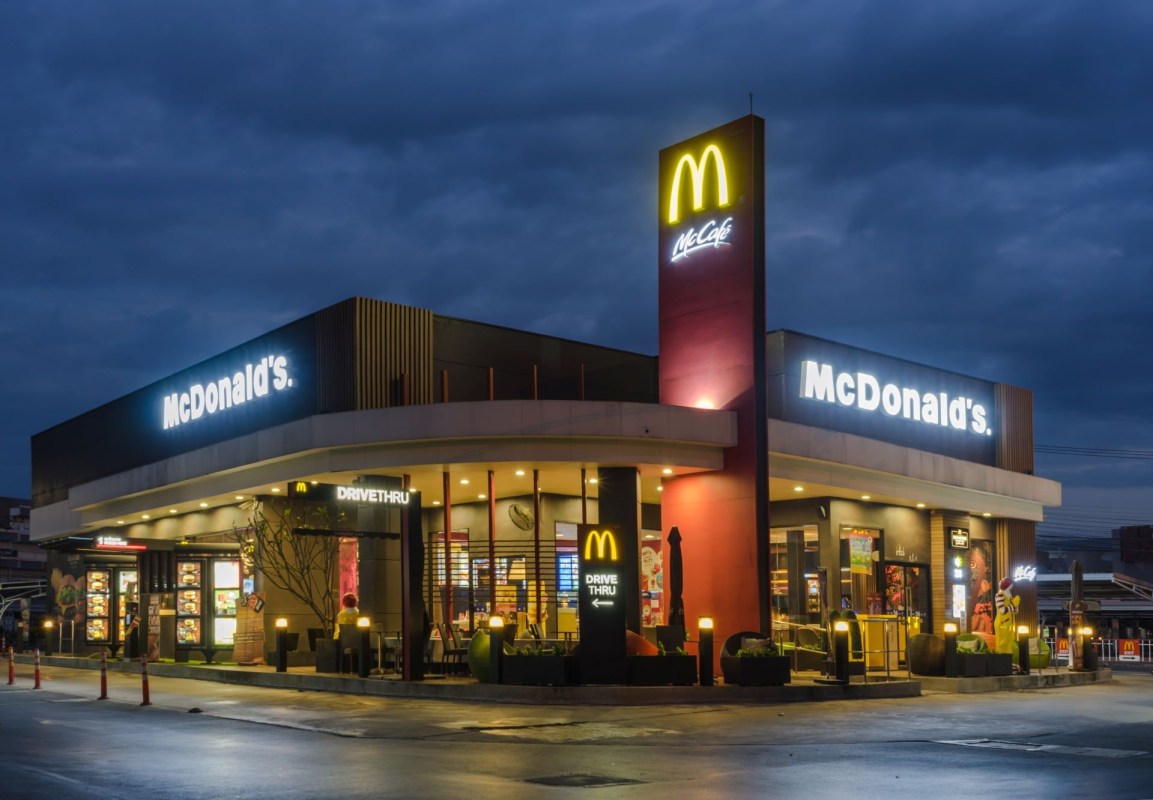According to reporting from the Wall Street Journal, McDonald's is prepared to "release a report next year examining the pros and cons of reusable packaging in its restaurants worldwide."
McDonald's has commissioned studies and reports on this subject in the past and even made a commitment in 2018 to use 100% renewable, recycled, or certified sources for its packaging by 2025. However, the company is not there yet, and there is no guarantee that it will actually meet its stated goal.
Luckily, there is one tried and true method of convincing corporations to stop using single-use plastics: forcing them to do so by changing the laws.
There is no doubt that single-use plastics have become a pollution crisis with devastating impacts on our planet. In recent years, investors, governments, and the public have begun to pressure corporations that flood oceans and landfills with plastic waste to find and implement alternatives.
McDonald's has already changed its practices in France and Germany in response to stricter laws in those countries governing the use of single-use plastics in restaurants. In France, McDonald's has to serve all on-site meals in reusable containers, and in Germany, it has to provide reusable containers on request.
Since the company has continued operations in both of those countries, the restrictions clearly have not been so onerous as to make the selling of fast food economically non-viable. That is to say, McDonald's can — and does, when forced — stop using plastic packaging while continuing to make money.
A similar restriction on single-use plastics was recently passed in England. India has also passed a similar law.
McDonald's will release its report at some point and will likely make some promises about its practices going forward. But, as France, Germany, and others have shown, these changes have often only come when the law requires them.
Join our free newsletter for cool news and actionable info that makes it easy to help yourself while helping the planet.









